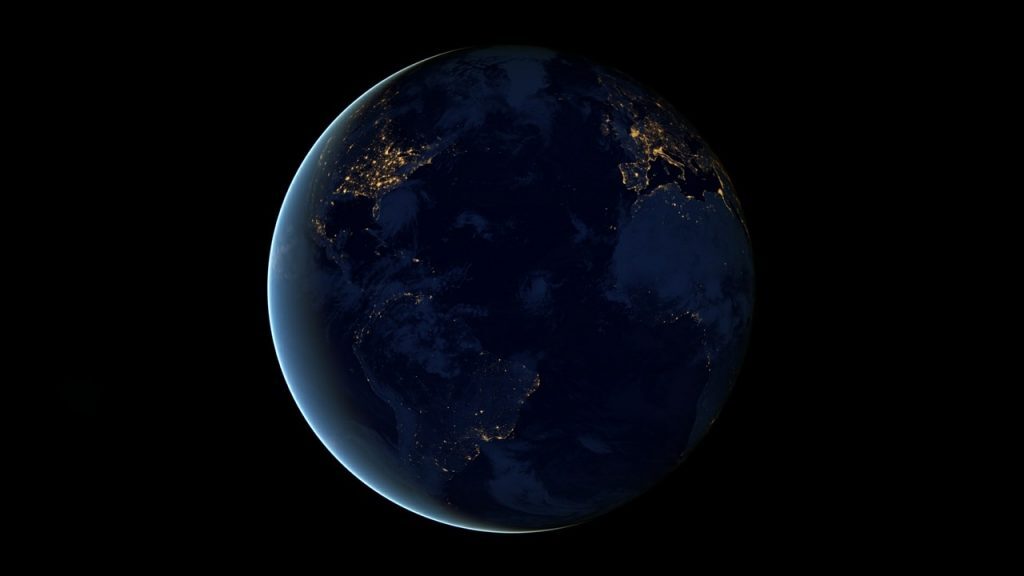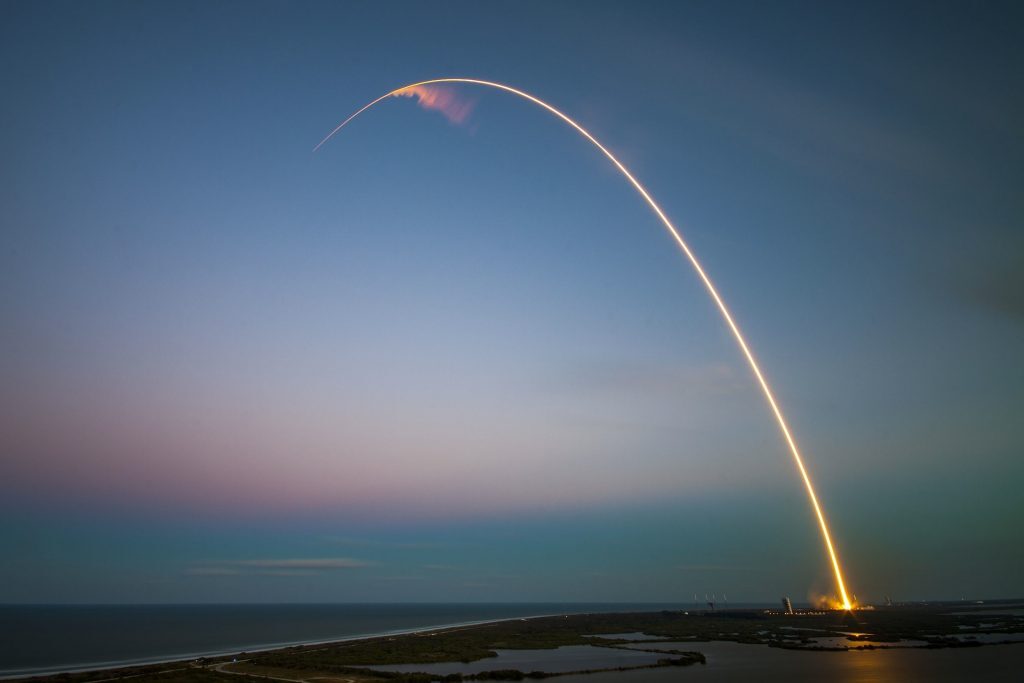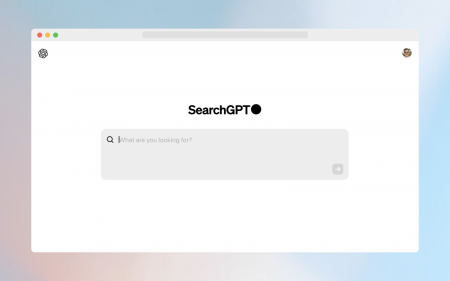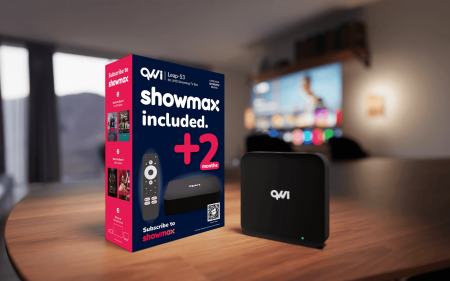First SpaceX, and now Amazon. The online retail giant plans to send 3,236 satellites into low earth orbit in a bid to beam internet to humans on the ground.
The guys over at GeekWire uncovered filings for the project (codenamed Kuiper), after which Amazon confirmed that it exists and they are working on it. The satellites are intended for the areas where about 95 percent of the population lives.
Its efforts don’t match up to SpaceX’s Starlink though. That one is in the process of (eventually) sending up 12,000 internet satellites. You’re gonna have to step it up, eh Amazon?
Kruiper, I mean Kuiper?

“Project Kuiper is a new initiative to launch a constellation of low earth orbit satellites that will provide low-latency, high-speed broadband connectivity to unserved and underserved communities around the world,” an Amazon spokesperson told GeekWire. “This is a long-term project that envisions serving tens of millions of people who lack basic access to broadband internet. We look forward to partnering on this initiative with companies that share this common vision.”
‘Lacking basic access to broadband internet’ is a pretty great explanation of the current South African internet situation. If Amazon founder and CEO, Jeff Bezos is feeling more giving than usual, South Africa may not be overlooked by this project.
In November, Amazon said it would build 12 ground stations around the world to transmit data to and from satellites, offering a hint at grander space ambitions. Meanwhile, Jeff Bezos’s Blue Origin is helping Telesat deploy that company’s network of internet-connected satellites with the heavy-lift New Glenn rocket. When New Glenn is ready, that is.
Blue Origin’s in-development orbital-class rocket, New Glenn, will likely conduct its first launch in 2021. This could be the perfect conduit to get Amazon’s satellites into low earth orbit, so we’re expecting Kuiper to begin accelerating post-2021. The amazin’ Amazon hasn’t confirmed any timeline for rollout yet.
Amazon’s not the first tech giant to promise internet for all via sky gadgets, though. Facebook voiced similar plans that have yet to come to fruition, and Google made a big song and dance about it’s similarly shelved Project Loon.
Source: GeekWire




